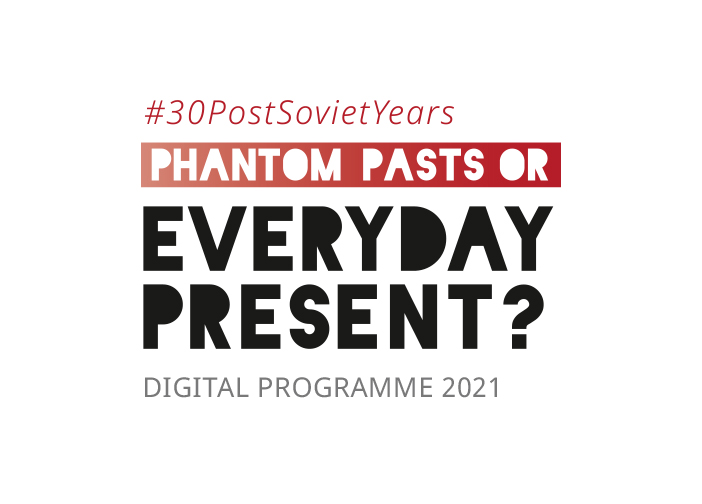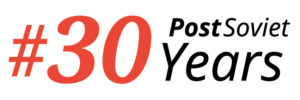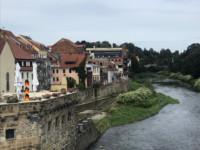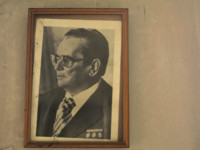Do you live in a place or family where you encounter remnants of the socialist past? Do they catch your eye at the bus stop you wait at, in the house you live in, or on the streets you walk down every day? To what extent do they correspond with the present and your identity – what do they mean to you?
Thirty years after the dissolution of the Soviet Union and socialist regimes in Central and Eastern Europe, this digital programme invites young people with a biographical link to these regions to reflect on their affiliations with the past both theoretically and practically.
During the interactive sessions, you will explore how the USSR and the periods of Soviet and East European socialism(s) are remembered in different countries. Why do memory politics and cultures of remembrance of the socialist period radically differ in various regions, and what does this tell you about historical justice, contemporary politics, and visions of the future? To what extent do these historical narratives reflect the identities of the post-socialist generation? You will find out how these differences in legacies and identities materialise in urban landscapes across the post-socialist space by employing different sensory tools to creatively capture your relationship to the physical and mental traces of the past.
Equipped with a phone camera, a sound recorder, and your own senses, you will stroll through urban landscapes and capture material objects and stories tied to the socialist past. Together, we will create a multimedia zine visualising the interplay between past and present in various post-socialist localities.
Moderators:
Lilit Dabagian, Kyrgyzstan
David Leupold, Germany
In cooperation with
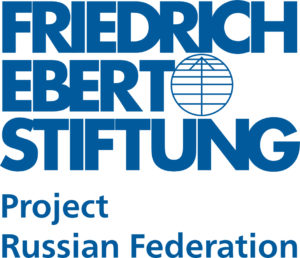

This digital programme is part of the initiative
Preliminary Timeline
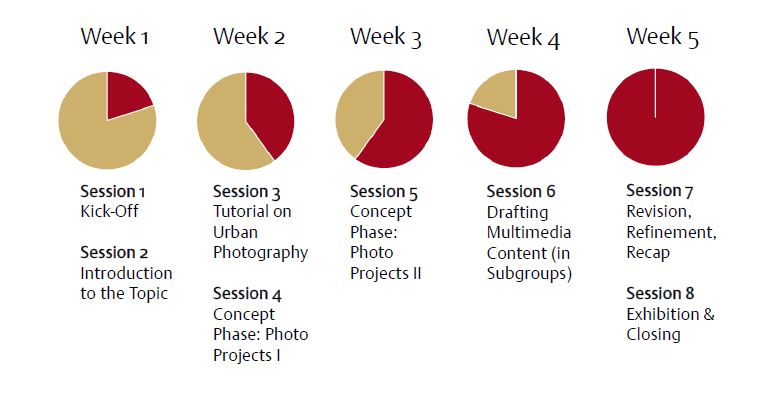
FAQs
Young people from the networks of Körber-Stiftung, Friedrich-Ebert-Stiftung and the Centre for East European and International Studies (ZOiS) who have been selected by the three institutions are invited to apply. Participants have to be between 18 and 24 years old at the time of the programme and must have good English language skills in order to be able to participate.
You will need internet access and a computer, tablet or mobile phone
(a bigger screen than a phone is recommended). As a major part of the project consists of taking photographs, soundscapes and/or video-snippets, please make sure you have access to a proper mobile phone or a camera and microphone to take shots and recordings of good quality.
See the steps below. If you have any questions regarding the application procedure, please contact eustory@koerber-stiftung.de.
In cooperation with the programmes‘ moderators, the organisers will select the best fitting candidates. Your language proficiency and motivation are just as important as your personality. We also try to select candidates representing a wide range of post-socialist/post-Soviet countries.
Once confirmed, your participation in the digital programme is binding and your attendance is obligatory. A later cancellation will only be possible under certain circumstances and we reserve the right to charge you a cancellation fee if we cannot fill your space (cf. »Terms and Conditions« on page 8).
We designed the digital programme in a way it can be integrated into your daily school- and university routine, meaning the sessions will take place once to twice a week, predominantly in the late afternoons and/or on Saturdays. As we have to cope with different time zones, we are asking all participants to be as flexible as possible when the time slots for joint video sessions will be determined. You should expect a workload of 3-6 hours per week for the entire duration of the programme.
Participation in the digital programme is free of charge. However, we may charge a compensation fee if you withdraw from your participation at a later stage. For more information, please see our Terms and Conditions.
If you have any other questions, please do not hesitate to contact the EUSTORY Team: eustory@koerber-stiftung.de

